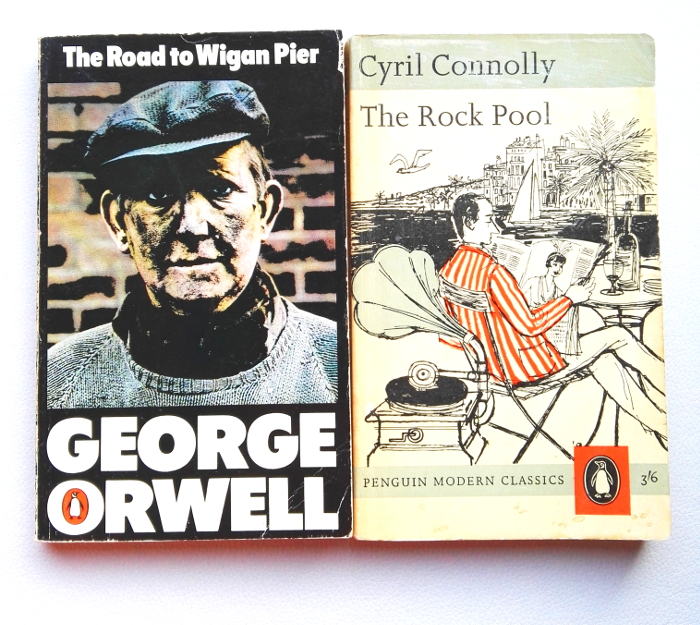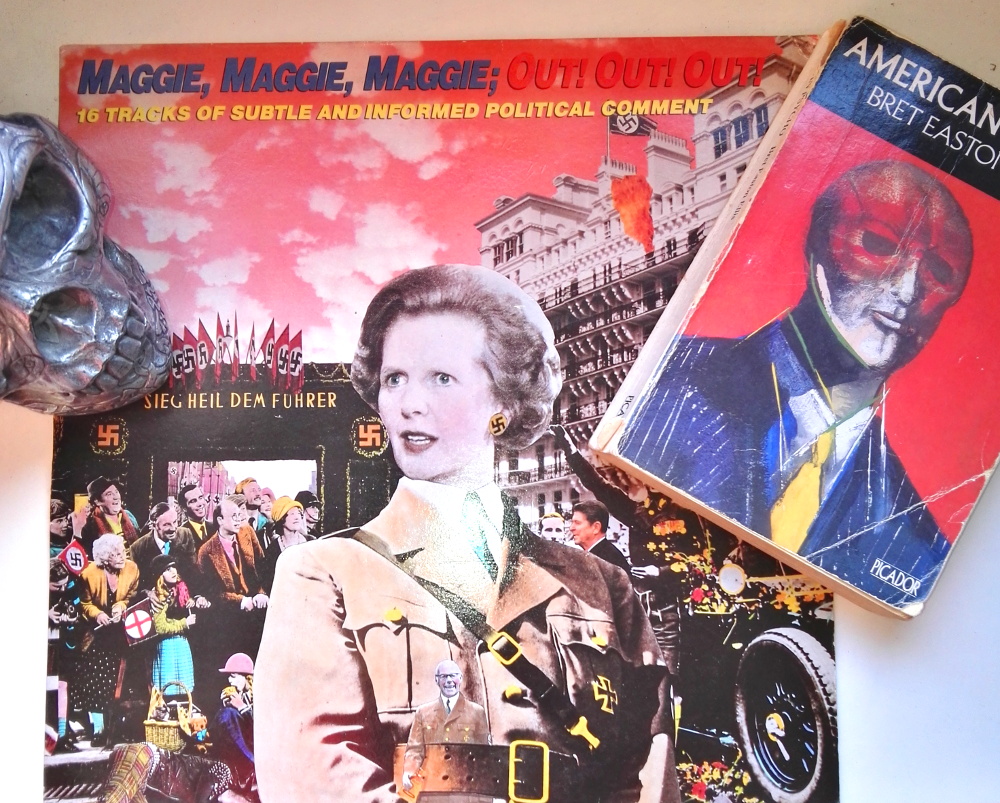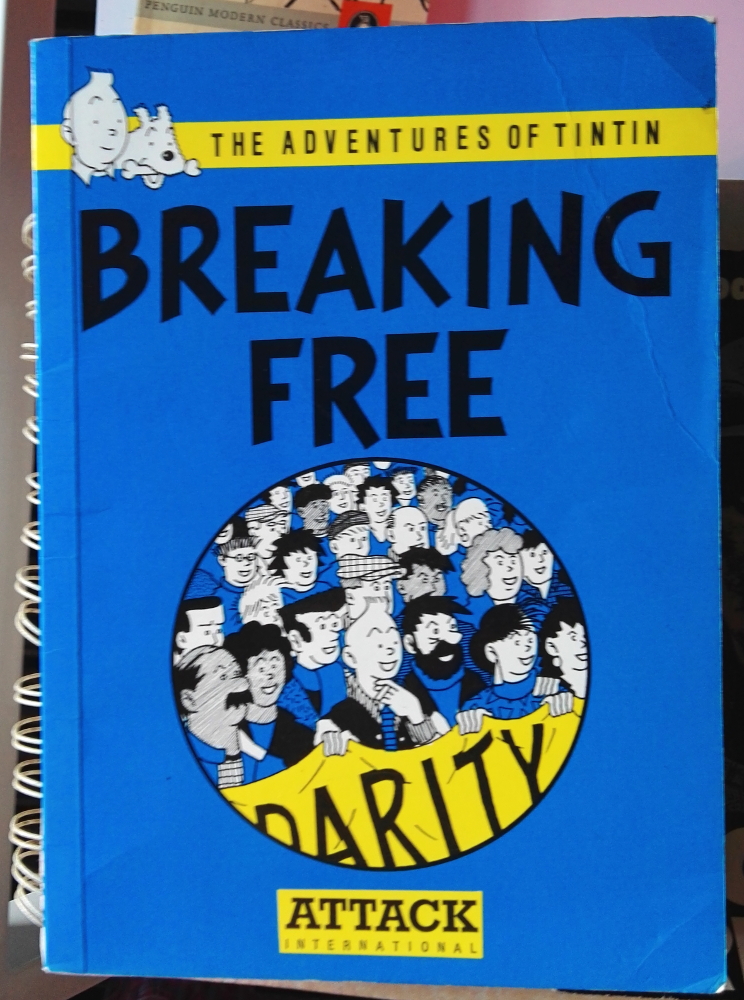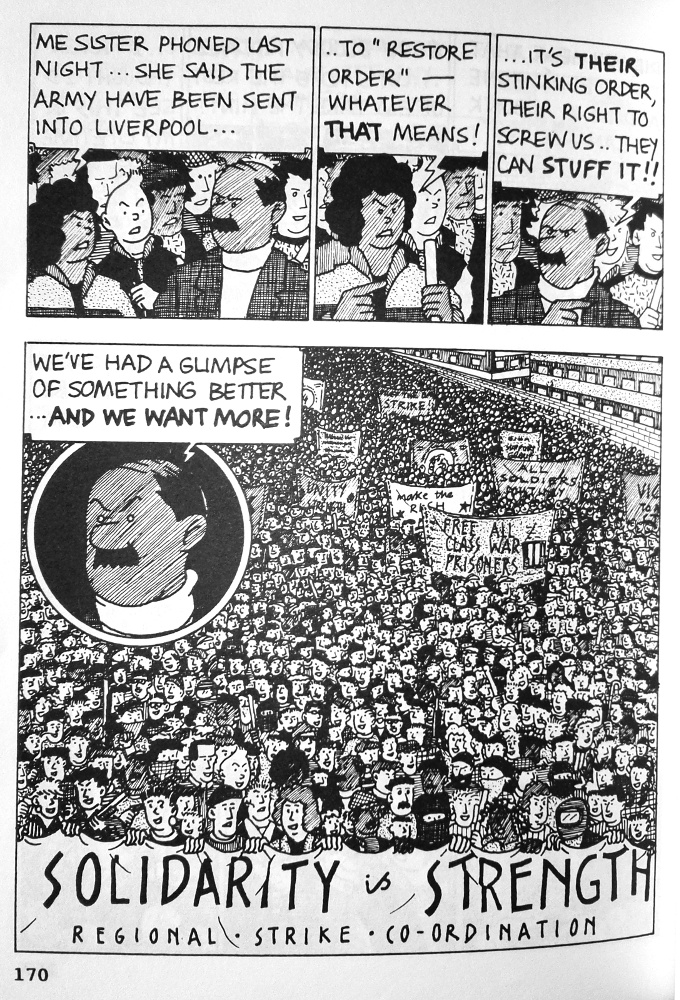Sitting down to write this, a month after breaking my leg and having to grapple with hitherto-unconsidered questions like ‘how do I usually sit on a toilet’? and one week before a General Election where my preferred of the apparently plausible outcomes is an unsatisfactory coalition government, it feels strange and maybe wrong to be looking backwards. But, disturbing and reassuring in more or less equal measures, I think it’s a good way to look forward to whatever happens next.
I remember as a child, looking at a stamp album that had belonged to (I think) my dad (or maybe his dad) when he was a child. Even for someone with no interest in stamps, and less interest in collecting them, it was a peculiar and fascinating book; unfamiliar places, people, even currencies. The thing that stands out the most in my memory though is a stamp from Bosnia, a name which at the time I hadn’t heard before and which sounded as unlikely and frankly made-up as countries like Syldavia and Borduria that I knew from Tintin books. That memory itself has a strange and silly quality now, but at the time (somewhere in the mid-80s would be my guess) Bosnia was as fantastical to a child (or me at least) as I expect the Socialist Federative Republic of Yugoslavia would be to Primary school pupils now.
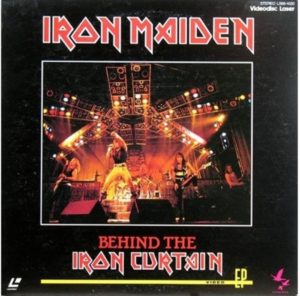
30 years on from the series of revolutions that symbolically culminated in the destruction of the Berlin Wall (the free opening of the Brandenburg Gate itself happened 30 years ago last month) it’s perhaps only natural that those who remember those times should be thinking of them. If you grew up with the cold war in the background (that is, any time really from the years after world war two up until the end of the 80s), the war itself may have constantly ebbed and flowed, but the communist eastern bloc was, monolithically (technically at least duolithically, but that’s not a thing) omnipresent in a way that now seems as unlikely and distant as the Austro-Hungarian Empire. It was there at school (we had to learn about “East Germany” (the GDR or DDR), “West Germany” (FRG or BRD) and the differences between the two, the USSR /CCCP, the space race, the arms race, ‘Mutually Assured Destruction’ etc etc etc), it was there in sports (especially the Olympics, but “West Germany” was quite a big deal during the ten minutes that I liked football) and in entertainment. Usually this meant sinister, emotionless and robot-like communists being the bad guys in endless numbers of films and TV shows (classic example; Rocky IV, but see also Red Dawn, Red Heat ad infinitum – it was interesting, in a depressing kind of way to see this old view of ‘reds’ adopted, without irony in the third, inferior season of Stranger Things this year), but it wasn’t all bad – sometimes bands made a point of playing behind the Iron Curtain and talked about how great the audiences were; I remember Iron Maiden played in Poland, Hungary etc in the mid-80s which presumably was a logistical nightmare, but nice for their fans who mostly would only have been able to hear their music through unofficial or even (the same thing really) illegal channels.
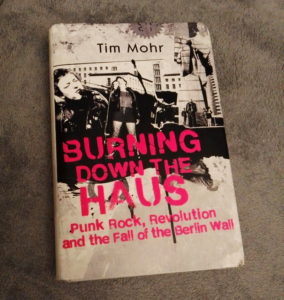
A few things have brought that period, and specifically the GDR, back to me recently; Tim Mohr’s superb book Burning Down The Haus – Punk Rock, Revolution and the Fall of the Berlin Wall (Dialogue Books, 2019), the work of the German photographers Ute and Werner Mahler and the Ostkreuz photography group, interviewed by Kate Simpson in issue 90 of Aesthetica Magazine (August/September 2019), the TV shows Deutschland 83 and Deutschland 86 which I just watched, somewhat belatedly and a series of John le Carré’s classic spy thrillers, notably A Small Town In Germany (1968).
The central realities of all of these things is pretty much the same; in East Germany, the state (specifically the secret police, the notorious Stasi) was watching you, and not only did they not care if you knew it, they wanted you to assume you were being watched.
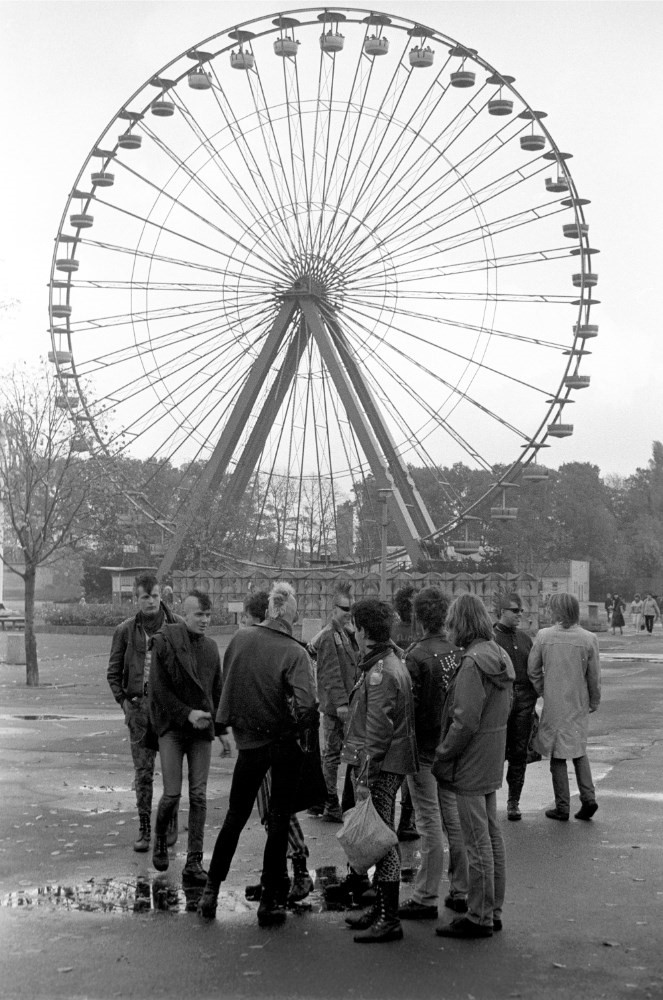
One of the most chilling things in Tim Mohr’s book is the way that, from the beginning of the 80s until its end (punk seems to have had an extended lifespan in the GDR, partly because fashions were slower to take root and spread where the majority of the media was under state control, but also because it remained – from the music to the image – genuinely oppositional and rebellious, rather than being absorbed into mainstream pop culture) the punks were, as often as not arrested because of informants from their own families or even the bands themselves. Nevertheless, after a slow start, the bands multiplied, but in a planned economy with full employment its slogans were something like the opposite of the UK’s punk bands; Too Much Future being the classic East German punk statement; more info here. As Mohr notes, long before the advent of GDR punk, informing for the government was something like an epidemic. In fact, by 1952 – that is, just four years from the official founding of the nation – the Stasi had already recruited 30,000 informants (Burning Down The Haus, p.2), and that figure would rise exponentially throughout the decades. This was the reality that artists like photographer Ute Mahler were working in;
“Everyone knew that people were spying for state security. But nobody knew who. It could be anyone. We lived and breathed with this knowledge. In 1980, I stood at a May Day demonstration just below the grandstand. The demonstrators cheered at the government, which was on a podium above me. I got the impression that all the attendees were in agreement and were happy about it. Whilst editing the pictures, I discovered other faces in the crowd. That confirmed to me that you must look closely for what might be hidden.”
Ute Mahler, interviewed in Aesthetica, issue 90, p. 128

From a child in the UK’s point of view, the activities of the CND, the Greenham Common protestors, WarGames, Raymond Briggs’s When The Wind Blows and even silly things like the Frankie Goes To Hollywood Two Tribes video strengthened rather than diluted the sense that, beyond ‘the west’ there was a huge, sinister and implacable enemy. That video – bad lookalikes of Reagan and Chernenko wrestling – was absurd but actually made child me more aware of the seriousness of the global situation. For a start, I remember thinking the actors were bad lookalikes, but I knew approximately who they were meant to be and what it represented. Actually, although I was very familiar with Reagan I doubt whether I knew Chernenko by name; even now I had to look it up to write this as my only memories of a pre-Gorbachev Soviet leader relate to Andropov, for the simple reason that his name was funny. I vaguely remember him in association with a joking remark (when he died??) that “his hand dropped off”, but whether that was purely from the playground or from TV I don’t know. Even toys contributed to the doomladen atmosphere. The initial run of Action Force (the European release of GI Joe, although initially there was no back story or characters, just – as with the older UK Action Man – a lot of more-or-less accurate contemporary military equipment, including sinister SAS paratroopers with gas masks etc. As I was typing this, I remembered that I used to have a fairly extensive knowledge of the weaponry favoured by the Warsaw Pact vs. NATO troops, which is fun for kids. As far as I remember, although children’s entertainment in the UK wasn’t by and large as propagandist as Hollywood, there wasn’t anything much to counter the idea of the brainwashed, robotlike communist hordes, programmed by the state from birth. And, at no point before 1989 did it feel like that situation was about to change.
That feeling was as strong, or even stronger, inside the Eastern bloc, as Ute and Werner Mahler explain;
“The generations after us might find it hard to understand the complex workings of the GDR, as memory begins to move into the past. These new generations perhaps cannot imagine how one could live in such a country, where one could not officially say what we thought. … When we took pictures in the 1970s and 1980s, we would never have imagined that one day the GDR would not exist. At that time, we wanted to show life as we experienced it – just as it was. Today, the images act as documents from a vanished country. In this way, they are given a renewed sense of purpose.”
Ute & Werner Mahler, interviewed in Aesthetica, issue 90, p.124
Even, as Mohr explains, the day after the Berlin Wall fell, the Stasi were making arrests in something like the usual way, although the state quickly descended into chaos. But maybe everything feels permanent when you live through it; I remember when, what felt like 1000 years or so into Margaret Thatcher’s reich, we had had the Miner’s Strike, the Falklands war, there were millions of unemployed and it seemed like I had never met anyone who liked Thatcher, or anyone who voted for the Conservative Party and yet, come election time they still won. Maybe it’s more significant that I don’t remember anyone I knew being especially keen on Michael Foot or Neil Kinnock? But anyway; my memory is that by 1988, there was no feeling that the cold war was going anywhere; by 1990 it was over. Until I was 23 my only conscious experience was of a Britain run by a Conservative government, and then that was over.

cold war childhood
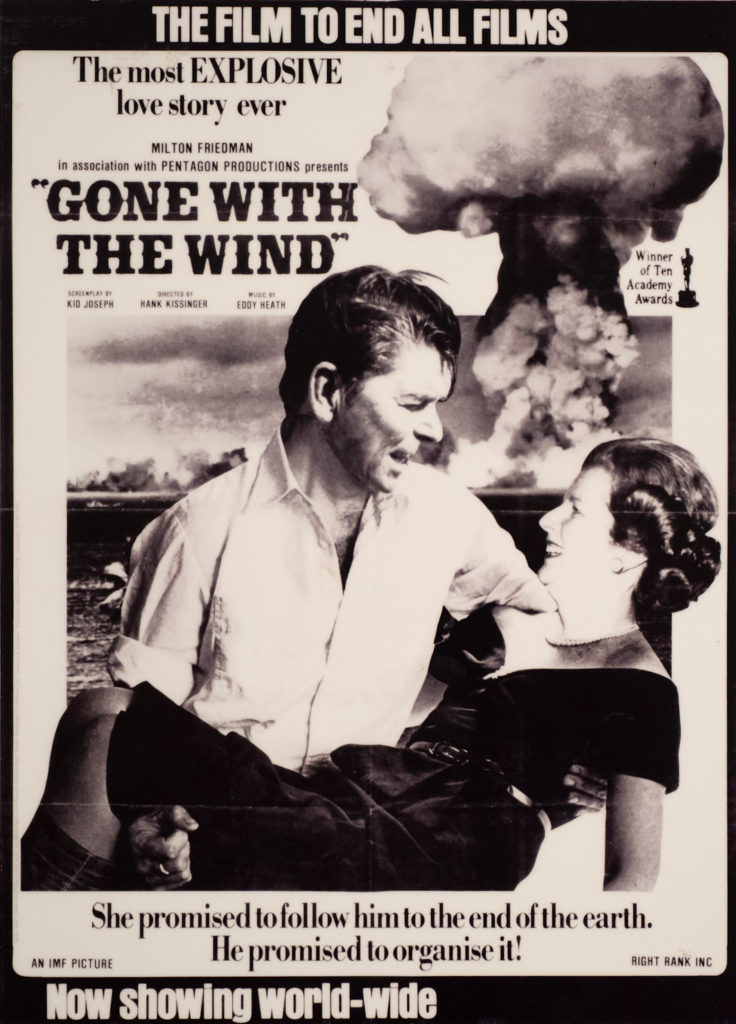
One of the stranger things to find, looking back on the phantom communist enemy of my childhood is that, contrary to what appeared to be the case on TV at the time, the people of East Germany, discontented though they obviously were, did not necessarily want to become westerners. As depicted vividly in Deutschland 83 and even more so in Deutschland 86, Communism as practised through the GDR’s dictatorship was a failed ideal, but it remained for many, something like an ideal. The bands documented in Burning Down The Haus, like the immediately post-Communist East German club scene that Mohr experienced himself, were ‘radically egalitarian’. These were, after all, people raised in a system which preached the power of the people, and even enshrined in law the freedom of expression, although in practice it didn’t allow either of those things. Often bands or musicians – people who were routinely arrested, beaten by the authorities, held in prison awaiting trial for months and so on – had opportunities to flee to the west (or were even encouraged to by the authorities who couldn’t cope with them) but chose to stay and work for change. Fascism and consumerism were seen, not just by the authorities, but by the punks, as the enemies of freedom, and even when the punk revolt happened it was often aided by (which seems odd but makes a kind of logical sense) the Lutheran church, which had an uneasy but respectable existence within the state. This meant that not only the punks (who tended towards anarchism in the 19th century sense politically), but also environmentalists, peace activists and other dissidents the church protected and to a degree nurtured, were working under the auspices of an institution which also had essentially anti-capitalist principles at its heart.
Rebelling against a de facto egalitarian state in itself creates a strange situation, as Ute Mahler recalls;
“In the GDR, when the collective was praised as an ideal, we were all lone fighters. In this new society where individuality is so important to so many people – coming together is the key” quoted in Aesthetica, issue 90, p.124-7
And this is not really a paradox, even to an individualist; if the contrasting but ultimately similar oppressions of the 20th century, whether Nazi Germany, Stalinist Russia, Communist China etc – have taught us anything, it’s that totalitarian power structures, of whatever political hue value conformity above individuality; but also that political progress requires subjected peoples to firstly insist on their individuality, but also to act in concert with each other, to combine their voices in order to be heard.
Perhaps because a general election is looming as I write this, reading about the lost world of the eastern bloc and its failures (mostly the same failures as capitalism to be fair; poverty, starvation, oppression etc etc) begs the question; what is the country that you believe in, if not a reflection of yourself and what you want? The Eastern punks were patriotic in the sense that they wanted the freedom to be themselves, in an East Germany that recognised the right to have dissenting voices and views, to improve the experience of East German citizenship for all. But, like everyone else, they shared their country with the other by-their-own-admission patriots who believed in a completely different country. If you consider yourself a patriot, you are probably living in a country with lots of other patriots whose country has the same name as yours, but whose beliefs and ideals are not the same as yours. Those who fought and died for [name a country] in [name a war] and those who fought and died for [name an opposing country] in [the same war] were fighting for the same thing, but they were also not fighting for the same thing. The people who fought for Britain against the Nazis and the people who fought for Britain against the Zulus both were and were not fighting for the same country, though on an individual level the end result – their deaths, and the deaths of their enemies – was much the same.
Somewhere in a previous, equally muddled* article I mentioned the poet Edward Thomas. Against the WW1 poetry of super-patriot Rupert Brooke, or the “What passing-bells for these who die as cattle?” humanism of Wilfred Owen, you have to balance the entirely personal patriotism of Edward Thomas;
At the age of thirty-six there was no strong pressure on him to enlist, but in August 1915 he finally made up his mind… When his friend Eleanor Farjeon asked him why, he scooped up a handful of earth and said, ‘For this.’
Andrew Motion, ‘An Imaginary Life’, in Ways of Life, Faber & Faber 2008, p.102.
And no doubt that was true. But what he fought for doesn’t change the fact that what he was injured for (he survived the war, minus an arm) was the global ambitions of the small group of people then running the British Empire. In the end his patriotism and theirs amounted to the same thing; but they were not the same thing.
Thomas’s kind of patriotism is the one that I think most matches my own; despite being a lefty internationalist I am quite a patriotic person. I love Scotland and value it not because it’s the ‘greatest country in the world’ (not that I’m saying it isn’t; just that the concept itself is utterly meaningless I think) and not because it’s beautiful – which it undoubtedly is, but so is every country I’ve been to – but because it is uniquely itself. It’s the big picture and the details; the texture and the atmosphere, the things I like and the things I don’t like. What I’m really saying I suppose is just that it’s the country I know best, the one where all of my responses to the world were shaped – which is of course not something to run up a flagpole and if one somehow did there’s no reason that anyone else in the world should want to salute it. But it is patriotism nonetheless. One of the many ironies of our particularly irony-ridden times is that on the whole, the conservative/nationalist parties of whom there are suddenly it seems very many indeed, are by and large those least committed to any kind of environmental/green policies. Strange because if, like the Conservatives nominally are, you are all about pride in your culture and your country and your history, but aren’t really concerned about the welfare of the actual, physical country as a piece of land then what do you even think you stand for?
So anyway; in the world of 1988, the world of 1990 seemed unthinkable, but it happened anyway, because people wanted it. I know that as 2019 draws to an end the world is full of people, in Chile, in Hong Kong, in Iran and Sudan, in the USA and the UK; in every country, who want thoughtful, compassionate, democratic government and not repression, corruption and leaders who are quasi- or actual dictators. Who want to be represented, not ruled. And it’s not impossible.
* when I read my writing it makes me think of that episode of Peep Show where a disgruntled lapdancer says “If you can’t sum up all the aims in the first line then they’re too diffuse.” I think my writing tends to be a bit diffuse.**
**See?



